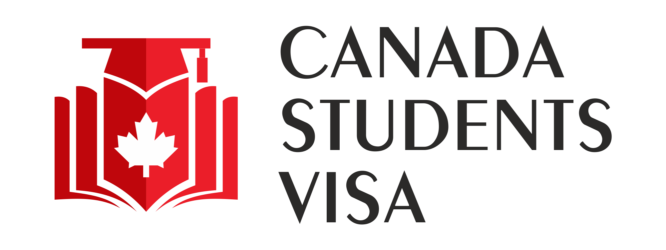Financial Information for Studying in Canada
Tuition fees in Canada vary based on the institution, program, and whether the student is Canadian or international. Here’s an overview:
- Universities: Undergraduate tuition fees for international students range from CAD 20,000 to CAD 50,000 per year, depending on the program and institution. Graduate programs can range from CAD 15,000 to CAD 35,000 per year.
- Colleges: Diploma and certificate programs generally have lower tuition fees compared to universities, ranging from CAD 10,000 to CAD 30,000 per year.
- Technical Institutes: Tuition fees for technical and vocational programs vary widely but are generally comparable to college fees.
The cost of living in Canada varies depending on the city and lifestyle. As of recent updates:
- Major Cities: Cities like Toronto, Vancouver, and Montreal have higher living costs compared to smaller cities or rural areas.
- Expenses: On average, international students should budget approximately CAD 15,000 to CAD 30,000 per year for living expenses, including accommodation, food, transportation, and personal expenses.
- Accommodation: Rent for a single-bedroom apartment in major cities can range from CAD 1,200 to CAD 2,500 per month, depending on the location.
Canada offers various scholarships, grants, and financial aid options to support international students:
- Government Scholarships: Canada offers scholarships through programs like the Vanier Canada Graduate Scholarships and the Canadian Commonwealth Scholarship Program.
- Institutional Scholarships: Many universities and colleges offer merit-based scholarships and entrance scholarships for international students.
- External Funding: Students can also explore external funding sources such as international organizations, private foundations, and home country scholarships.
International students in Canada can work part-time while studying under certain conditions:
- Work Eligibility: Students with a valid study permit can work up to 20 hours per week during regular academic sessions and full-time during scheduled breaks, such as winter and summer holidays.
- On-Campus Employment: Students can work on the campus of the institution where they are enrolled without a separate work permit.
- Off-Campus Employment: Off-campus work requires a separate work permit, known as a Co-op work permit or Off-Campus work permit, depending on the program and institution.
Managing finances effectively is crucial for international students in Canada:
- Create a Budget: Plan a monthly budget that includes tuition, rent, groceries, transportation, and leisure expenses.
- Use Student Discounts: Take advantage of student discounts offered by local businesses, restaurants, and transportation services.
- Save on Housing: Consider shared accommodations or homestays to reduce living costs. Explore options close to campus to save on transportation.
- Part-Time Work: Work part-time within allowed limits to supplement income. Ensure work hours do not interfere with academic responsibilities.
Students should also utilize resources provided by their institution’s student services office and financial aid advisors for personalized budgeting advice.
FAQ
Visit the official Government of Canada website to search for DLIs by province, city, or institution name. Ensure your chosen institution is on the list of DLIs eligible to host international students.
You must demonstrate that you have enough money to pay for your tuition fees, living expenses for yourself and any family members who come with you to Canada, and return transportation.
Yes, most provinces require international students to have health insurance coverage. Some institutions include health insurance in their fees, while others require students to purchase it separately.
You need a SIN to work in Canada. Once you arrive in Canada, apply for a SIN at a Service Canada office in person. You’ll need your study permit and a document confirming your eligibility to work.
Yes, your spouse or common-law partner can apply for an open work permit if you have a valid study permit and are studying full-time at a post-secondary DLI.
You may be able to apply for restoration of status within 90 days of losing your status as a student if you still meet the requirements. Otherwise, you may need to leave Canada.
Yes, you can leave and return to Canada as long as your study permit remains valid and you have the required documents: a valid passport, study permit, and any applicable visitor visa or electronic travel authorization (eTA).
Plan ahead by researching accommodation options, transportation, health insurance, and familiarizing yourself with the weather and cultural norms of your destination.
Yes, many Canadian universities and colleges offer scholarships, grants, and bursaries for international students. Check with your chosen institution’s financial aid office for available opportunities.
Documents typically include an acceptance letter from a DLI, proof of identity, proof of financial support, and any other documents specified in the application guide for your country or region.

